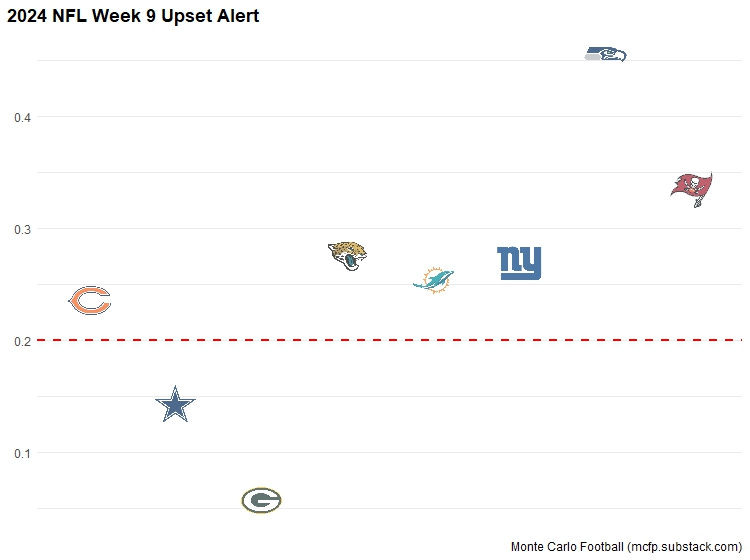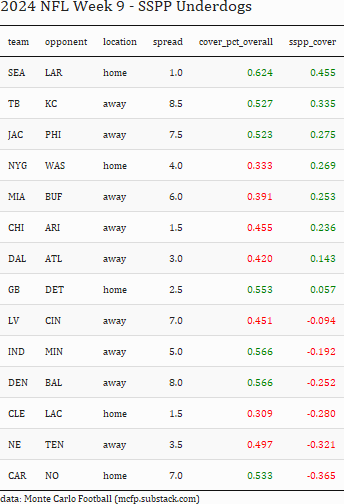The Wisdom of the Unconventional: Making Better Choices with 'Surprisingly Popular Method'
Discover why sometimes the least popular opinion holds the key to the right answer
Crowd wisdom is commonly believed to produce better answers by aggregating diverse perspectives. However, democratic methods tend to favor popular information rather than correct information. Mass ignorance can overpower a knowledgeable minority, leading to the acceptance of incorrect answers.
To address this issue and give weight to correct but less popular information, researchers from Princeton University and the Massachusetts Institute of Technology developed the "surprisingly popular" algorithm. This algorithm involves asking individuals what they believe the right answer is and how popular they think each answer will be. The correct answer is the one that surpasses people's popularity predictions. The researchers tested this algorithm and found that it significantly reduced errors compared to simple majority votes. It also outperformed basic confidence-weighted votes and answers with the highest average confidence levels. The algorithm identifies answers that exceed expectations, providing a more accurate reflection of crowd wisdom.
Synthetic Surprisingly Popular Pick (SSPP)
When attempting to apply this method to the Monte Carlo Simulation process, I came up with the idea of the Synthetic Surprisingly Popular Pick (SSPP). The results of the weekly Monte Carlo simulations are weighed against an estimate for what other people’s picks are. Specifically, we use a set of four optimized ratings based on a combination of game results for the entire season and for the most recent games, as well as a selection method that uses the maximum rating generated if a team won their most recent game or were on a bye, and the minimum rating otherwise.
The difference between the MCSIM cover percentage and simulations based on the optimized ratings is the SSPP metric, with positive values representing MCSIM picks that are more popular than expected. Finally, we apply this algorithm to all underdogs and chart the positive-value games.
Here’s an example output from 2024 Week 9 games:





